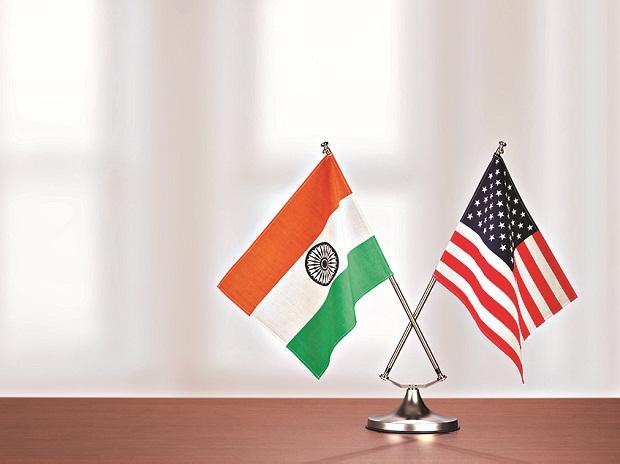With a decelerating economy that weakens India's hands on geopolitical issues, it will be interesting to know which way this visit will go.
While
it wasn’t an official visit, the first occupant of the White House
to land on the shores of India was Ulysses S Grant, and likely not
the last with, let’s say a dodgy sense of aesthetics. The 18th
President of the United States, Grant served two consecutive terms in
office between 1869 and 1877 and was also the Commanding General of
the US Army when the Civil War was won. Soon after his term ended,
Grant and his wife Julia set forth on a two-and-a-half-year world
tour that aimed to project the US as an outward looking power ready
to engage with the world.
Grant
arrived in Mumbai in February 1879 aboard USS Richmond and undertook
the customary trip, on elephant back, to the Taj Mahal in Agra,
whereupon the Grants thought it beautiful but not more than the
Capitol Hill building. Grant met the then Viceroy Robert Lytton in
Kolkata and professed admiration for his father Edward
Bulwer-Lytton’s novels. In 1982, the San Jose State University
instituted the annual, tongue-in-cheek Bulwer-Lytton Fiction Contest
to award the worst possible opening lines of a novel as a tribute to
Bulwer-Lytton’s “It was a dark stormy night” in his 1830 work
Paul Clifford.
It
remains to be seen what reluctant traveler Donald
J Trump, the 45th President of the US on his two-day visit
between February 24-26 makes of the spartan Sabarmati Ashram, the Taj
Mahal, or the ‘Kem Cho, Trump’ rally in Ahmedabad where PM
Narendra Modi assures there would be “millions and millions” in
attendance.
Beyond
the bearhugs and protestations of great personal bond between the two
leaders, this visit carries a more transactional flavour than other
recent presidential trips to India. Unlike in the past, a trade deal
between the two occupies centerstage, given the context of Trump’s
domestic policy priorities.
Trump,
the self-professed master of deal making has in recent months dubbed
India “tariff king” in a tweet pointing towards India’s
propensity to heavily tax US exports such as the high-end Harley
Davidson motorcycles. India, instinctively wary of trade deals now
has more reason to worry considering the deteriorating health of
export sector after sector from gems and jewelry to textiles. India’s
inability to take any meaningful advantage in return for greater
American access to its domestic markets perhaps explains its lack of
enthusiasm on this front. But hey, we’re at least talking business.
It wasn’t like this always.

